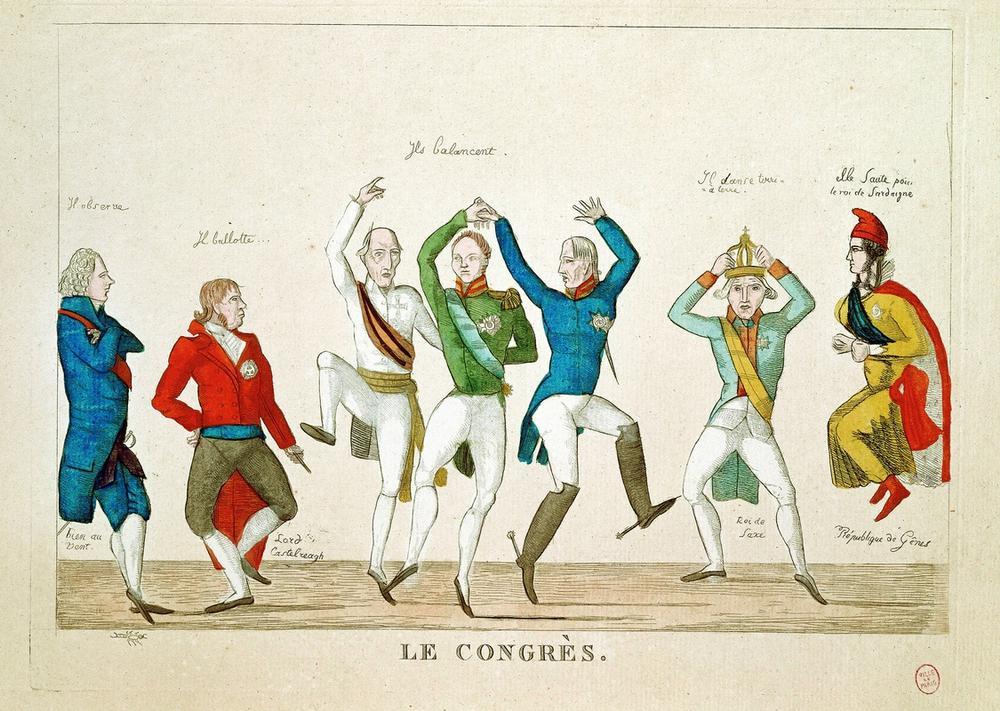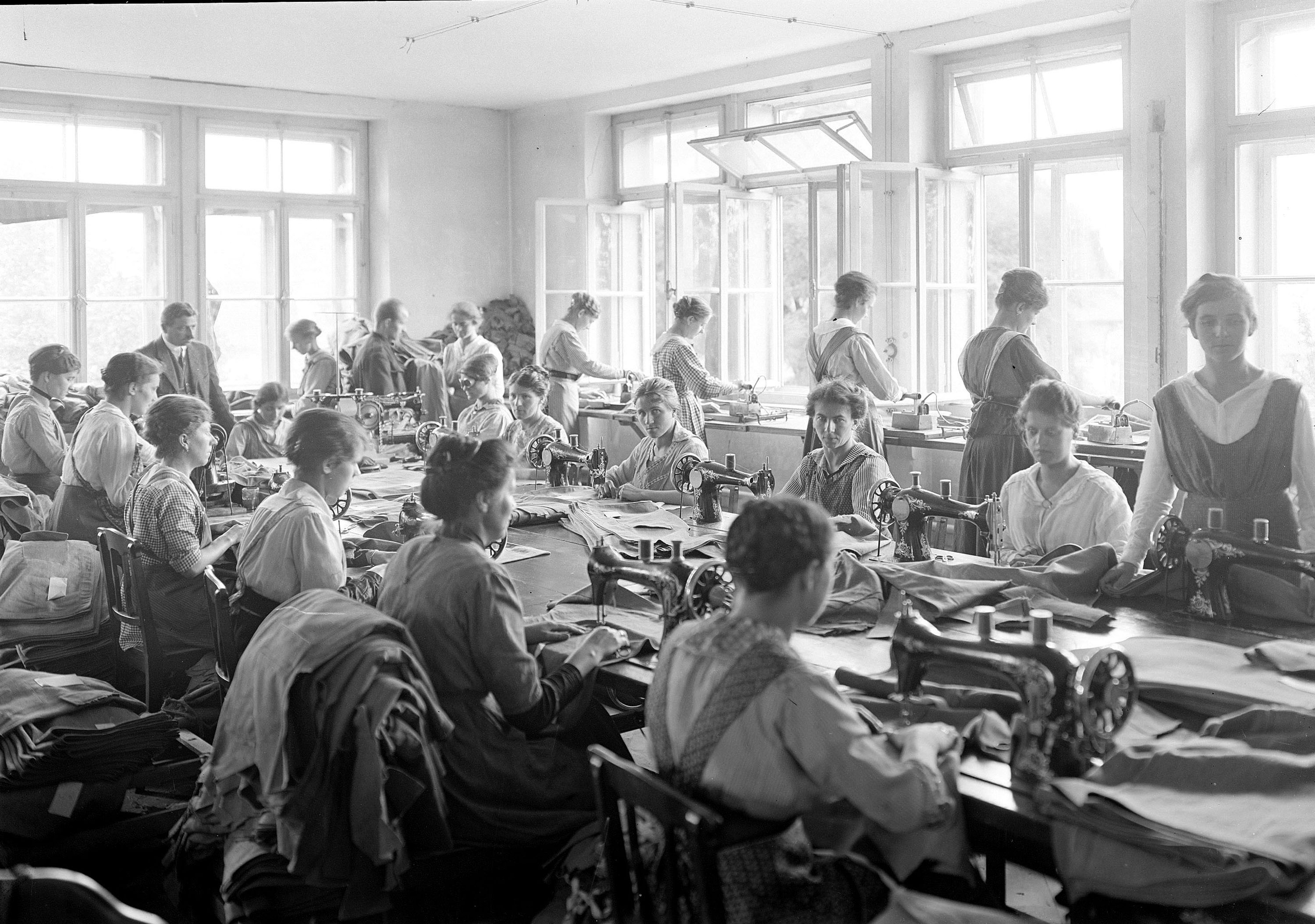Switzerland as we know it today developed slowly over the centuries, gradually coming together from a patchwork of territories.
Over the centuries the country moved from a confederation – a loose alliance of autonomous entities – to a more centralised federal state.
During the Middle Ages the different territories, often working together, gained ever-increasing freedoms from the emperors who were their nominal rulers.
Swiss history was decisively marked by the Reformation and the subsequent struggle between Roman Catholics and Protestants.
Napoleon united the Swiss within slightly different borders in the early 19th century, but Switzerland only became a modern federal republic in 1848.
Early history
58 B.C. The Helvetii, a Celtic tribe resident in what is now Switzerland, are stopped by Roman legions under the command of Julius Caesar while trying to migrate into western France.
15 B.C. Legions of Augustus conquer the alpine tribe of the Rhaeti in what is now eastern Switzerland. In the following years, the whole of the Swiss territory is incorporated into the Roman Empire.
400 – 1000 The end of Roman rule and incursion of Germanic tribes is followed by the period commonly known as the Early Middle Ages. For a brief period around 800, Charlemagne rules over much of western Europe, including Switzerland, but his empire quickly falls apart again. A feudal system evolves. Monasteries maintain the classical heritage of Latin learning and develop new methods of agriculture.
Middle Ages
1291 Traditional date of the founding of the Swiss Confederation: the three rural communities of Uri, Schwyz and Unterwalden in central Switzerland pledge to form a permanent alliance to protect their freedoms against the Habsburg overlords. This alliance was sealed by the signing of a document which would later be known as the Federal Charter. The mythical Rütli Oath was said to have taken place in 1307 but is not mentioned in texts until 1470.
1307 According to legend, William Tell is forced by a Habsburg governor to shoot an apple from his son’s head. Tell’s subsequent killing of the governor becomes part of the founding myth of the Confederation.
1499 The Confederation wins the implicit right for its members to manage their own affairs after defeating the Habsburg emperor Maximilian I in the Swabian War.
1513 The existing loose confederation now includes 13 cantons.
The Reformation
1523 Reformation in Zurich, led by Huldrych Zwingli. Zwingli is killed in battle against Catholic forces from central Switzerland in 1531.
1536 Reformation in Geneva, led by French religious refugee Jean Calvin, whose strict doctrine comes to influence Protestant churches in many other countries.
1618–48 The 30 Years War ravages much of Europe, but Switzerland manages to remain neutral. Graubünden, which at this time is not a member of the Confederation, is a battleground between French and Austrian-Spanish armies because of its strategic importance.
1648 The Treaty of Westphalia ends the 30 Years War; the European powers formally recognise Swiss independence.
Federal State
1798 What is now Switzerland is occupied by French revolutionary troops, and battles take place on Swiss soil involving Austrian and Russian armies. The Helvetic Republic, a centralistic parliamentary republic based on the French model, is set up with French backing.
1803 Napoleon’s “Act of Mediation” restores much of the old cantonal system after the Helvetic Republic proves unworkable.
1815 Swiss independence and neutrality recognised by Congress of Vienna.
1847 Brief civil war between the seven conservative Catholic cantons and the dozen or so liberal Protestant cantons.
1848 Creation of the Swiss federal state, with a new constitution and a federal parliament.
1863 English entrepreneur Thomas Cook organises his first “all included” tour to Switzerland – it is the beginning of modern tourism.
1871 First Vatican Council proclaims infallibility of the Pope. More than 400,000 Swiss Catholics leave the church and form a new denomination known as Old (or Christian) Catholics.
20th century
1914 Switzerland remains neutral in the First World War.
1939 Switzerland remains neutral in the Second World War.
1971 Swiss women get the vote, accepted (by men!) in a national referendum.
1979 After years of pressure from separatists, a new French-speaking Roman Catholic canton, Jura, is established after a nationwide referendum. The area was previously part of the mainly German-speaking and Protestant canton of Bern.

In compliance with the JTI standards
More: SWI swissinfo.ch certified by the Journalism Trust Initiative












You can find an overview of ongoing debates with our journalists here . Please join us!
If you want to start a conversation about a topic raised in this article or want to report factual errors, email us at english@swissinfo.ch.